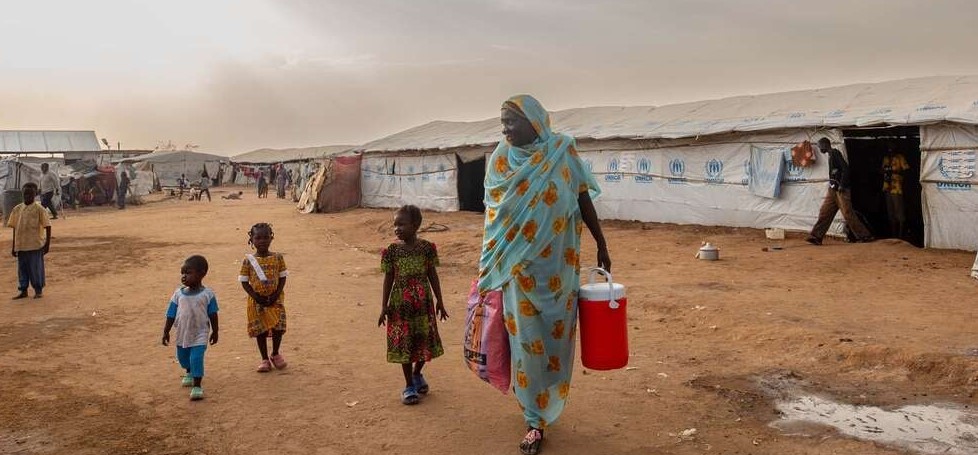A group of independent human rights experts today strongly condemned the widespread and systematic violations committed against women and girls in Sudan, including conflict-related sexual violence, abductions, and killings, many of which have been attributed to the paramilitary Rapid Support Forces (RSF).
“We are deeply troubled by the harrowing reports of sexual violence, abductions, and killings targeting women and children, including in displacement camps, which reflect a systematic and brutal campaign against those least protected in Sudanese society,” the experts said.
Now entering its third year, the conflict in Sudan continues to exact a devastating toll on civilians, with women and girls facing escalating risks of gang rape, sexual slavery, trafficking, and forced marriage, particularly in Al Gezira, Sinnar, Darfur, and South Kordofan, the experts noted.
In some attacks, entire families have reportedly been torn apart, with women raped in front of relatives or abducted for prolonged sexual violence. “Sexual violence continues to be used systematically as a weapon of war in Sudan,” they warned.
The experts said that in villages such as Al Seriha, Azrag, Ruffa, and Abu Gelfa, women have taken their own lives following traumatic assaults, noting that survivors are increasingly and openly contemplating suicide as a means of escaping the ongoing horrors of the conflict.
“These harrowing accounts underscore the scale of the mental health crisis among women and girls, lack of access to attention and support and impunity that perpetrators enjoy, particularly in areas where support systems have completely collapsed,” they said.
“Behind each report is a woman or girl whose life has been irreparably altered,” the experts said. “This crisis demands not only attention, but urgent action to end these atrocities grounded in justice and humanity.”
The experts noted that since 2025, at least 330 cases of conflict-related sexual violence have been documented, although the real number is believed to be significantly higher due to underreporting. Survivors, including children, face enormous barriers to accessing medical or psychological care. In El Fasher and other besieged areas, the collapse of health systems, and attacks in displacement camps, have left women giving birth in unsafe, unhygienic conditions. Maternal mortality has risen sharply, and emergency reproductive care remains virtually non-existent.
Enforced disappearances of women and girls have reportedly surged in RSF-controlled areas, with many believed to have been abducted for sexual slavery and exploitation, the experts said. Victims are taken from displacement settings, markets, and shelters, amid a collapse of protection systems. Conditions in these areas have worsened drastically, exposing women and girls to increased sexual violence.
The experts were also alarmed by continued attacks on women human rights defenders and frontline workers, who have reportedly been raped, killed, or harassed for assisting survivors or documenting abuses.
“These violations cause profound harm to individuals and communities, while steadily dismantling remaining protections and undermining prospects for recovery and justice,” they said.
“The horrific scale of violence that women and girls continue to experience is an alarming testament to the erosion of protections for women and girls during times of conflict and normalisation of such violence. The international community must urgently step in to stem the tide,” the experts said.




